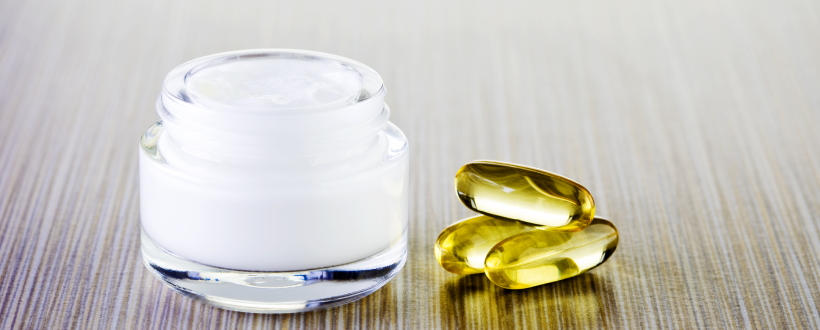Collagen is essential for the skin: it gives it firmness, smoothness and density. However, not everyone knows how to manage it to be truly effective. The mystery is solved to increase collagen in skin. Read be low on how to rebuild collagen.
Collagen and its friend, vitamin C
A secret of this protein is that, to form, it needs the help of this vitamin. Without it, worse and less collagen is produced. This especially affects smokers, since, among its long list of misdeeds, nicotine empties and destroys the body’s stores of vitamin C. It is one of the several reasons why tobacco affects the skin so negatively, causing sagging. Bottom line: without vitamin C in the diet, the skin is looser.
Creams? Retinol, please
One of the reasons why retinol stands out as an anti-wrinkle and anti-photo-aging active par excellence is its ability to stimulate collagen synthesis. Even more effective is retinoic acid, but its use must be prescribed and controlled by a dermatologist.

Solar protection
Bluntly: UVBs and UVAs leave collagen in the dirt. Shattered. Made a mess. And that’s it. Said it remains!
The power of protein
Collagen is a protein and it needs other proteins to also enter our diet to be created. The ideal? Consume lean protein when it is of animal origin (fish, chicken, turkey, etc.) or, if it is of vegetable origin, increase its biological value by combining it with cereals or vegetables.
Sugar, the staunch enemy
Collagen is a supporting protein, and it has to have the right balance between strength and elasticity to support everything when it should. And sugar breaks that balance. When the white substance enters the bloodstream, some of it binds to certain proteins, like yes, you guessed it, collagen!

Amino acids: the support team
Not only vitamin C is a cofactor in the creation of collagen. There are two amino acids, lysine and proline, which are the kindest when it comes to their formation. The first is found mainly in milk, soy and meat, and the second in tachán! Meat and foods rich in vitamin C.
When you provide collagen exogenously to the body, the body itself reduces its natural production of this substance. The body detects it in the blood, understands that it has the levels it needs and does not produce it by itself. Experts recommend taking to restore collagen in skin precursors, especially after aesthetic treatments designed to induce the formation of this substance.
